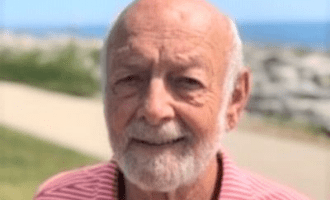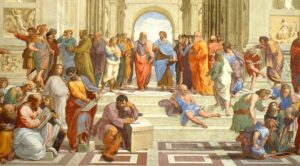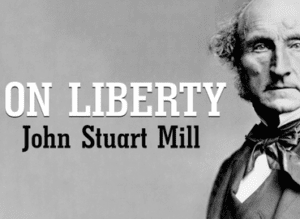Most people signing up for this course would say either that the mind is a sort of immaterial entity that exists in our heads or that it is the brain. We will review the philosophical and scientific origins of these two notions. Upon close examination both present conceptual perplexities. We will then consider alternative answers to this question which claim to resolve those problems. Finally, we will discuss why this is an important issue, not just a philosophical game.
Course Links:




